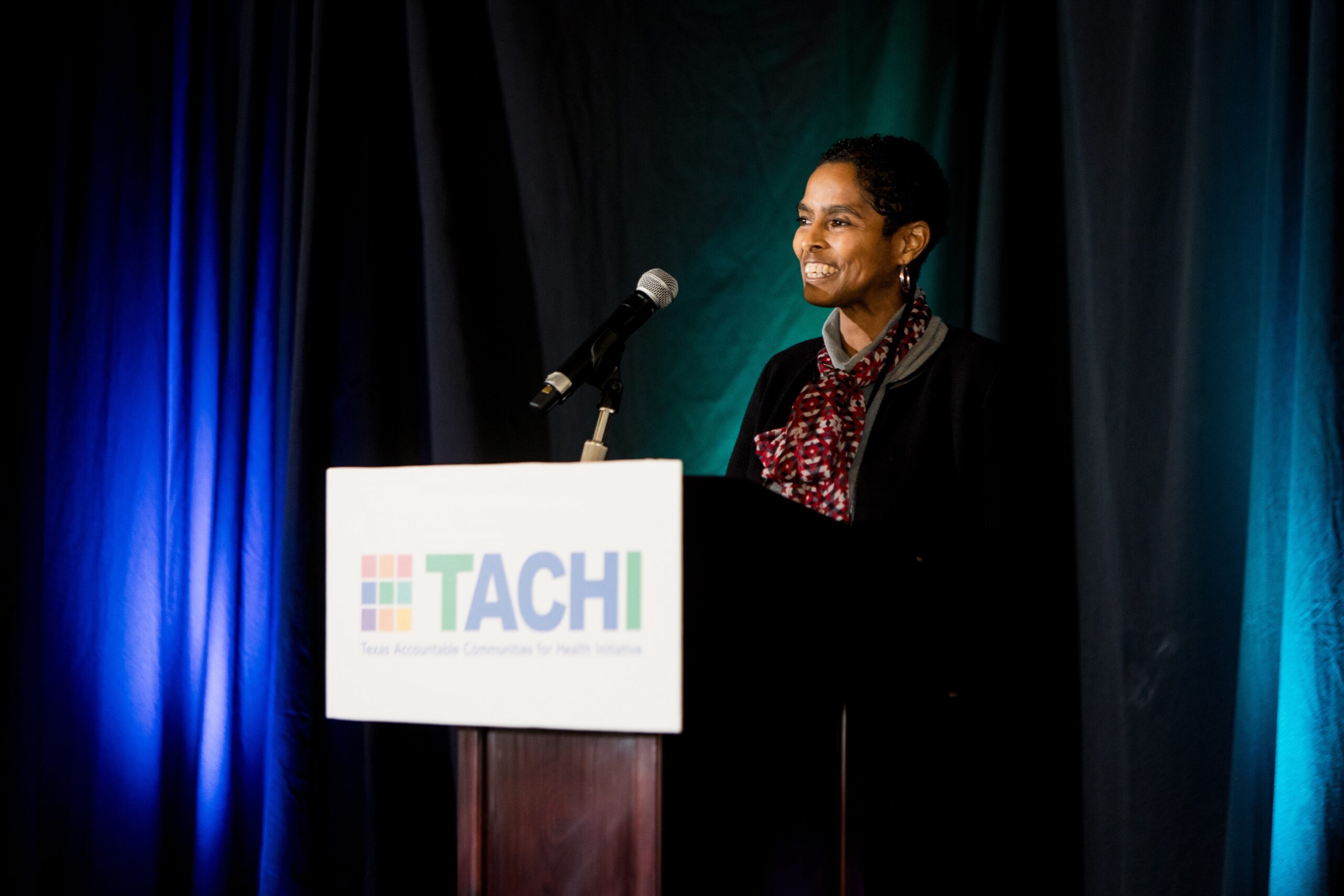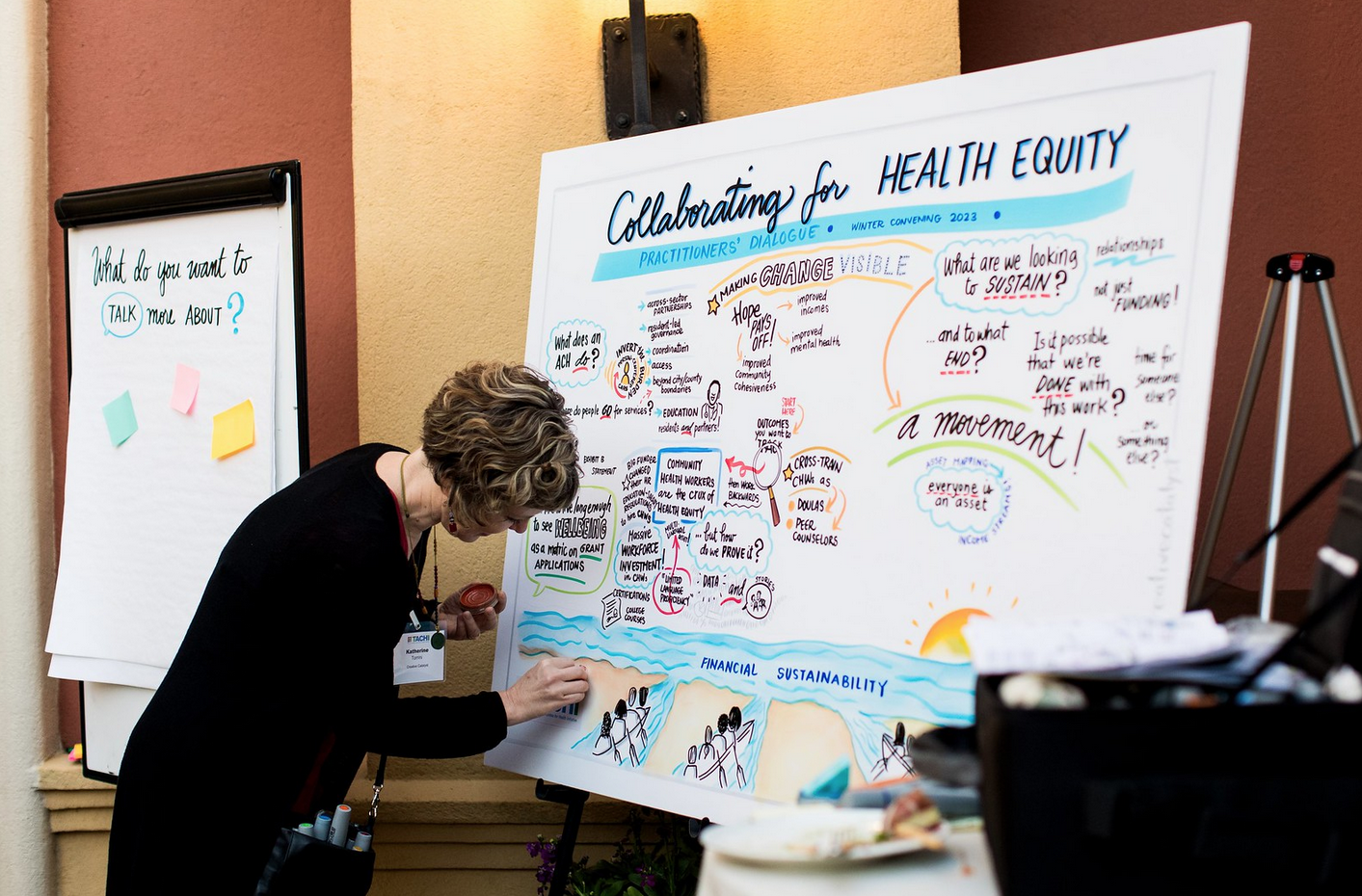
Episcopal Health Foundation and St. David’s Foundation have announced that they will contribute $4.75 million in joint funding over the next two years to continue Texas Accountable Communities for Health Initiative (TACHI)’s progress at six community sites across the state.
TACHI, an initiative established in 2020, brings diverse stakeholders together to work toward a shared vision and responsibility for the health of the community. This initiative holds the promise of building connection and engagement at a local level across multi-sector organizations, including health clinics, emergency services, employment training, and other vital community resources, to make specific improvements in health outcomes in the community.
The initiative’s goal is to improve health equity in these communities – working to make sure everyone has a fair and just opportunity to be as healthy as possible no matter where they live, their race/ethnicity, or how much money they make. The collaboratives created through TACHI advance community-led, financially sustainable strategies that address non-medical drivers of health with the goal of improving a community’s health outcomes.

Episcopal Health Foundation brought the Accountable Communities for Health (ACH) model to Texas, with initial funding, planning, and organization for TACHI. In 2022, St. David’s Foundation became a funding partner, supporting the work at the initiative level along with specific support to three TACHI sites in the Central Texas region.
“We are excited to continue exploring how TACHI can support the pursuit of better health for our communities,” said Dr. Edward Burger, president and CEO at St. David’s Foundation. “Connecting people with the resources they need most, whether that be food, housing, or transportation, will lead to better outcomes and long-term cost savings for everyone involved.”

Along with funding, the TACHI project provides the community sites with learning opportunities, technical assistance, evaluation and the engine of philanthropy to elevate and coordinate their efforts. Continued investments in the ACH model from both health foundations accelerates its implementation in Texas and provides valuable data and learning for all stakeholders about how communities can create the conditions for health.
“From utilizing community health workers to improve maternal health to connecting would-be ER patients to desperately needed resources outside of the doctor’s office, TACHI sites are building momentum as they find unique ways to improve health, not just health care in their communities,” said Barnes.
With grant support, the TACHI sites have made strong progress in bringing together organizations – including health, social service, public health, employment training and local government – to understand the health needs in their communities and to think strategically about actionable solutions and tactical ways of working together to improve health outcomes. To be successful, the work requires mutual engagement and true partnership for organizations that typically work separately, to come together to work toward a common goal.
